Transforming Ivory Towers To Ebony Towers: Lessons For South Africa’s Curriculum Transformation in the Humanities from Africa and African-American Studies
Johannesburg, South Africa
Date of publication: February 2019
In a bid to contribute to initiatives to transform South Africa’s humanities curriculum, the University of Johannesburg’s (UJ’s) Institute for Pan-African Thought and Conversation (IPATC) in South Africa, hosted a two-day conference, on 18 and 19 August 2018, titled “Transforming Ivory Towers to Ebony Towers: Lessons for South Africa’s Curriculum Transformation in the Humanities from Africa and African-American Studies”. The meeting assessed key challenges in transforming South Africa’s humanities curriculum, drawing lessons from post-colonial decolonisation processes in Nigeria, Senegal, Tanzania, Kenya, and Ghana, as well as African-American Studies. About 225 students, academics, educationists, civil society, diplomats, and media representatives attended the conference. This report is based on discussions at the meeting, as well as on the conference concept paper.
Download PDF for further information:
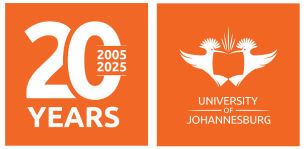


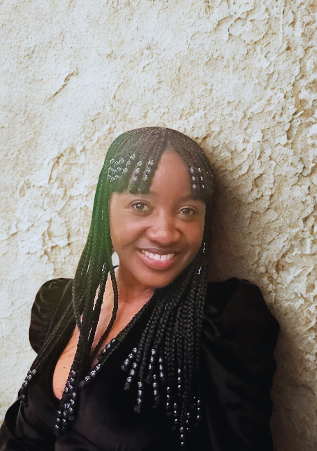
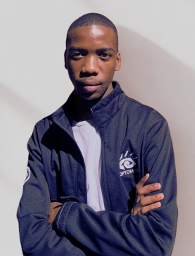



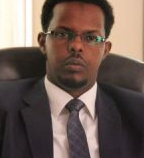
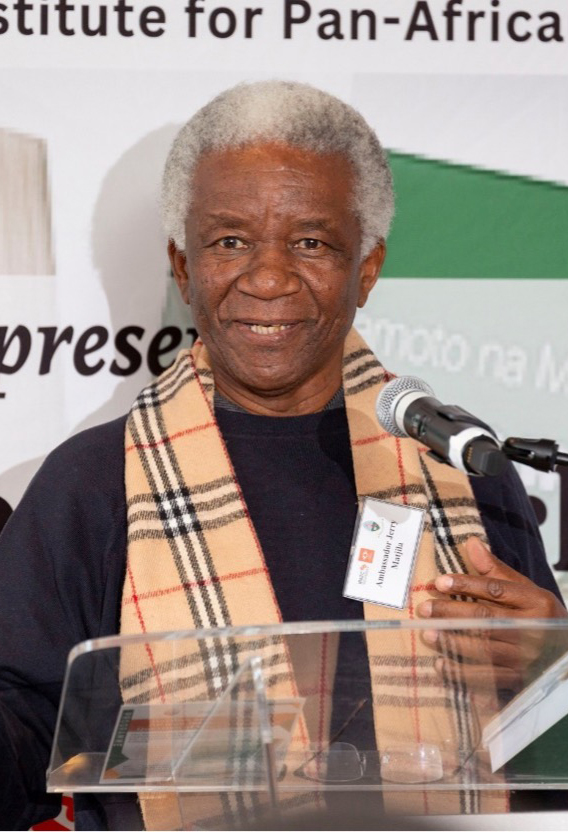
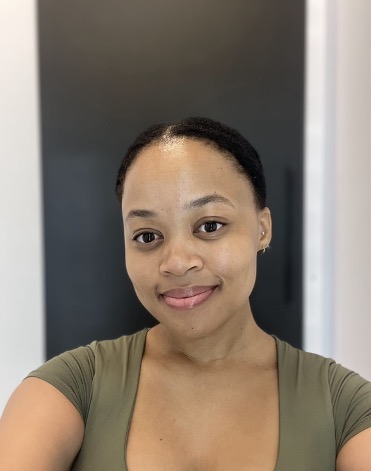

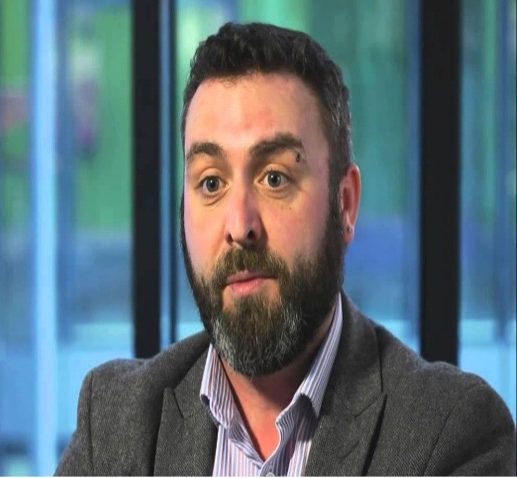
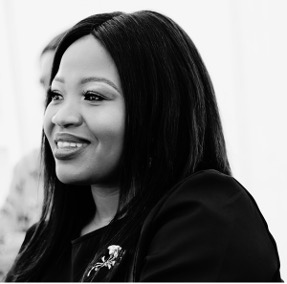
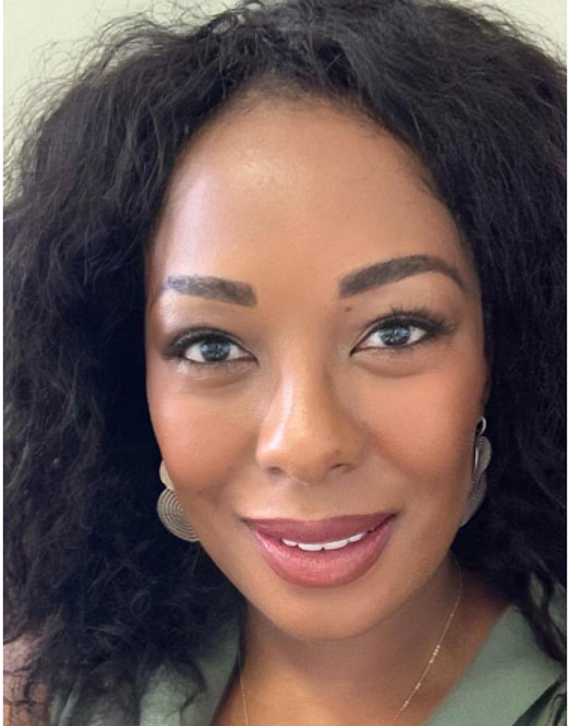

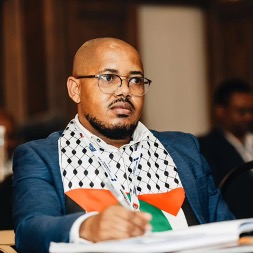
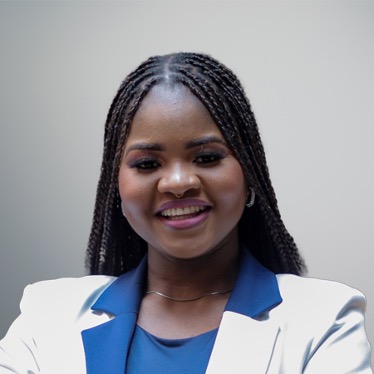


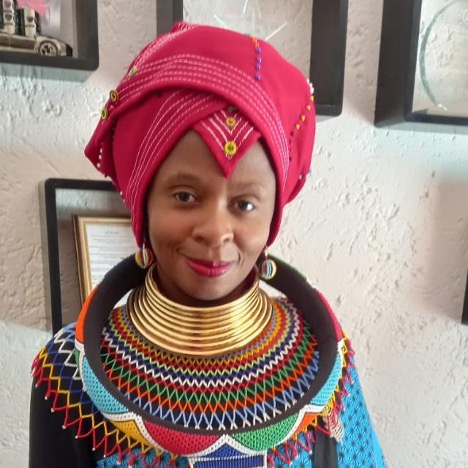


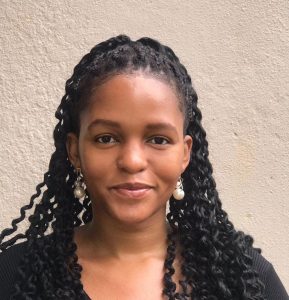
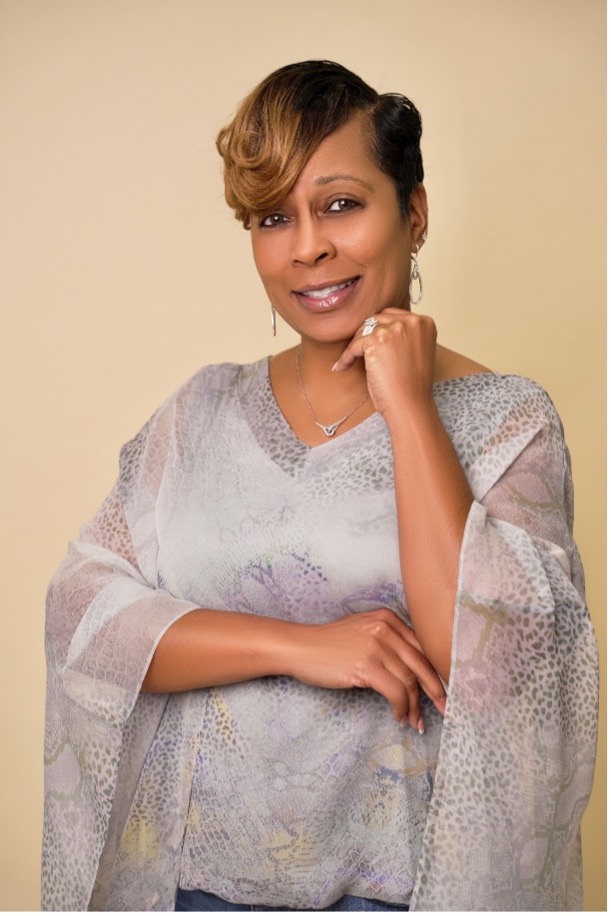
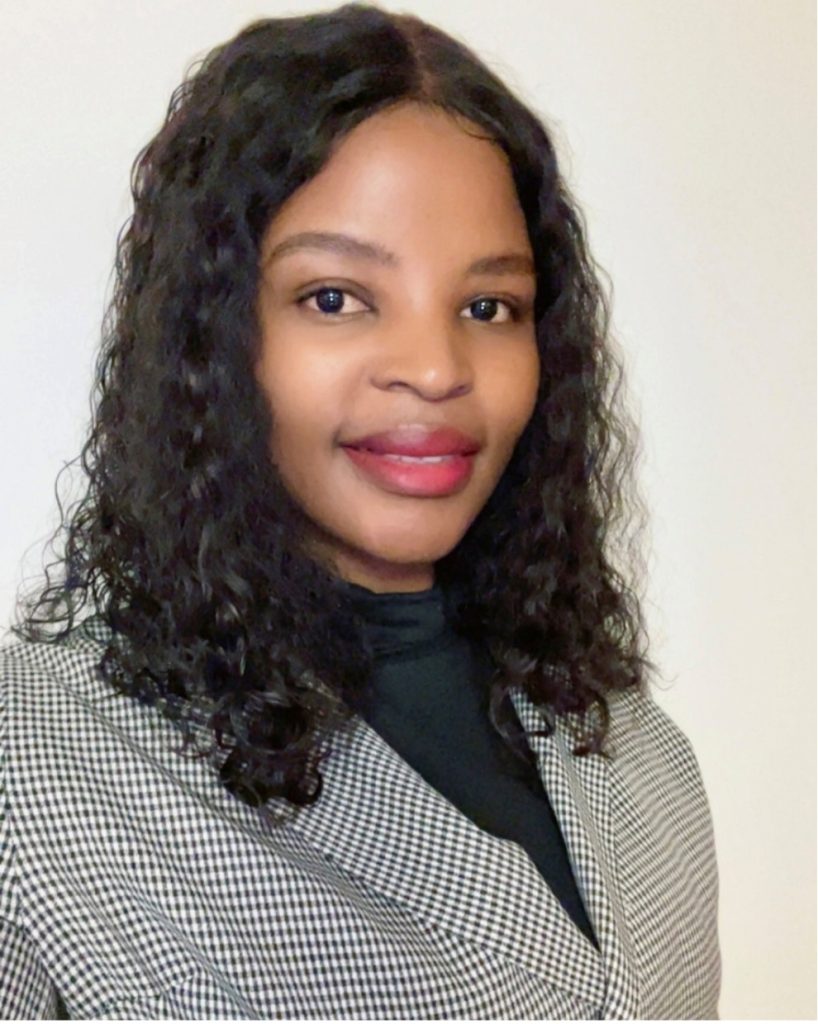
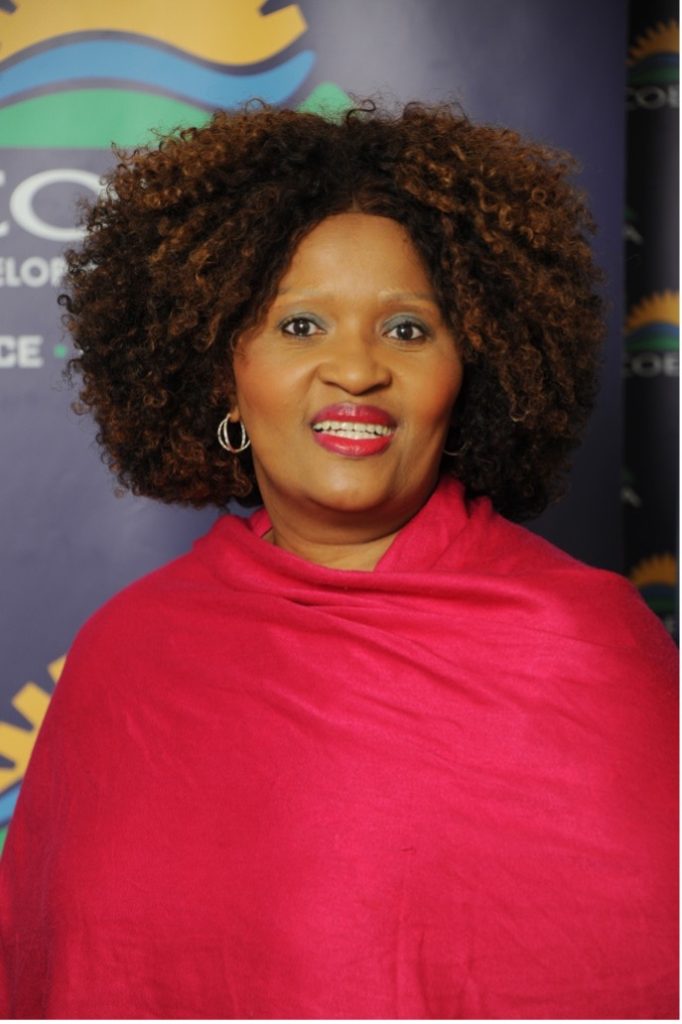





























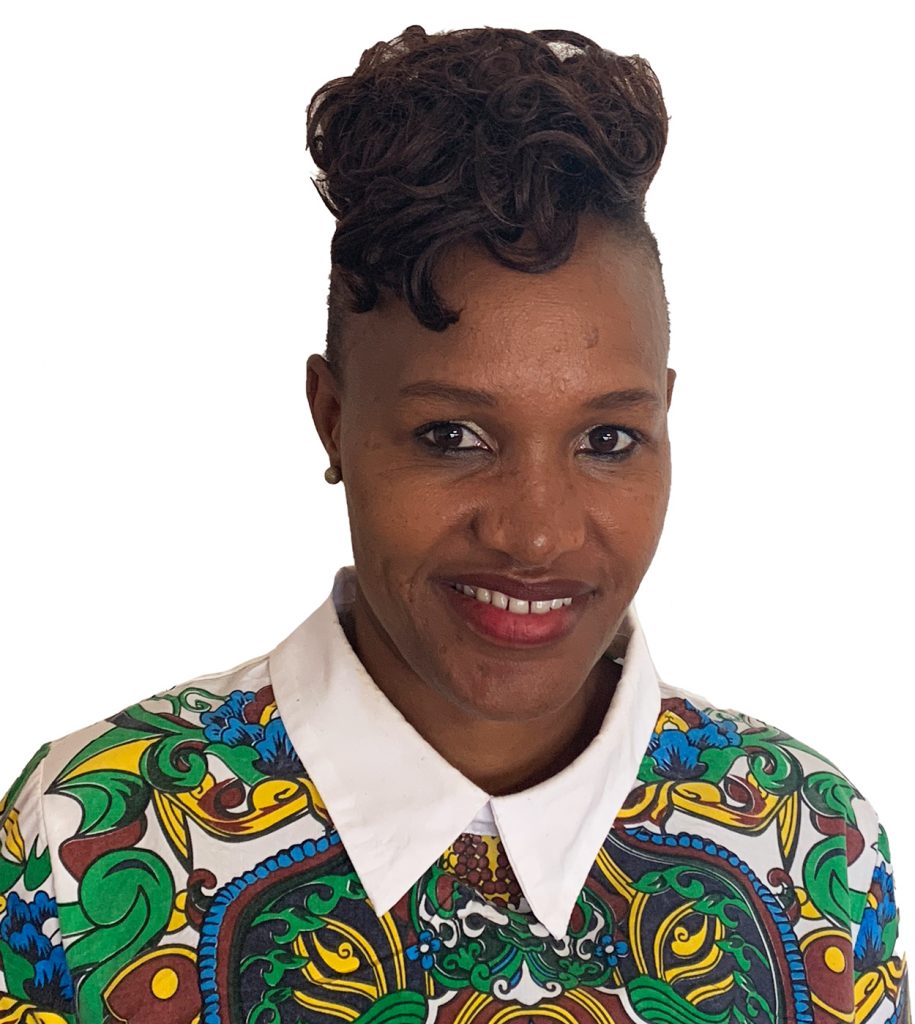

 Ms Zoliswa Ntsoko (South Africa) is the Institute’s Administrative Assistant who assists with general administration and research. She is a seasoned professional with a background in Disaster Management. She holds an Advanced Diploma in Management from Milpark Business School, and a Post Graduate Diploma in Public Management from Regenesys Business School. She also holds certificates in Project Management, and in Disaster Management. Previously, she has worked as a Disaster Management Specialist at the City of Johannesburg – Disaster Management Centre.
Ms Zoliswa Ntsoko (South Africa) is the Institute’s Administrative Assistant who assists with general administration and research. She is a seasoned professional with a background in Disaster Management. She holds an Advanced Diploma in Management from Milpark Business School, and a Post Graduate Diploma in Public Management from Regenesys Business School. She also holds certificates in Project Management, and in Disaster Management. Previously, she has worked as a Disaster Management Specialist at the City of Johannesburg – Disaster Management Centre. Ms Cecilia Lwiindi Nedziwe-Moyo is the Research Coordinator at the Institute for Pan-African Thought and Conversation. She previously served as a Regional Coordinator at the Centre for Peace Initiatives in Africa (CPIA) in Zimbabwe between 2007 and 2013. She completed her master’s degree in International Studies, Peace, and Conflict Resolution at the University of Queensland in Australia as a Rotary Peace Scholar. She has just completed her doctoral studies at Rhodes University. Her areas of interest include: gender, foreign policy, regional organisations and conflict resolution.
Ms Cecilia Lwiindi Nedziwe-Moyo is the Research Coordinator at the Institute for Pan-African Thought and Conversation. She previously served as a Regional Coordinator at the Centre for Peace Initiatives in Africa (CPIA) in Zimbabwe between 2007 and 2013. She completed her master’s degree in International Studies, Peace, and Conflict Resolution at the University of Queensland in Australia as a Rotary Peace Scholar. She has just completed her doctoral studies at Rhodes University. Her areas of interest include: gender, foreign policy, regional organisations and conflict resolution.



 Ms Thembeka Somtseu is a seasoned professional with a background in the textile and construction sectors. She holds a National Diploma in Business Administration from the Durban University of Technology, and studied Development Communication and Media Studies at the University of the Witwatersrand. She worked as a corporate communications specialist for more than ten years, serving in both local and multinational companies.
Ms Thembeka Somtseu is a seasoned professional with a background in the textile and construction sectors. She holds a National Diploma in Business Administration from the Durban University of Technology, and studied Development Communication and Media Studies at the University of the Witwatersrand. She worked as a corporate communications specialist for more than ten years, serving in both local and multinational companies.